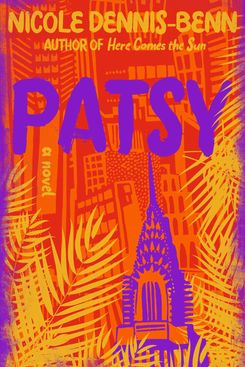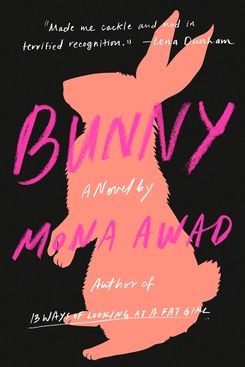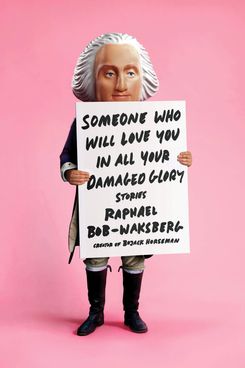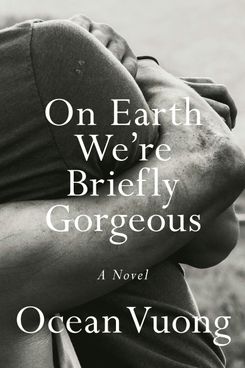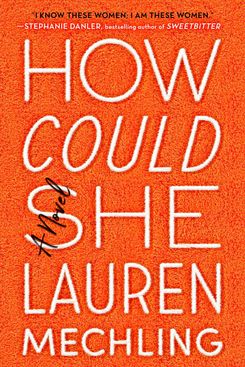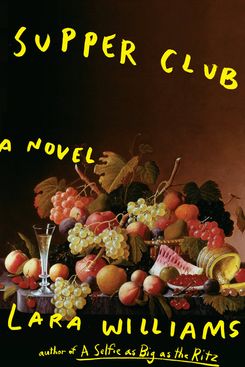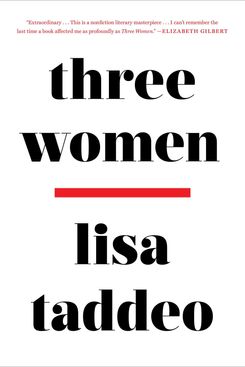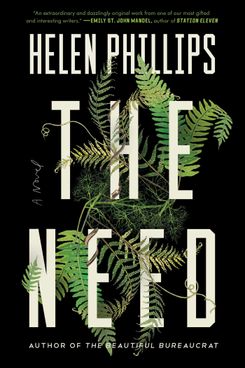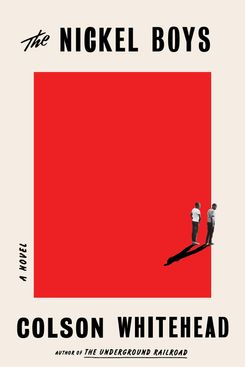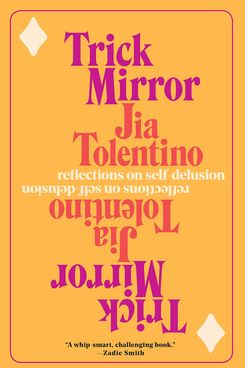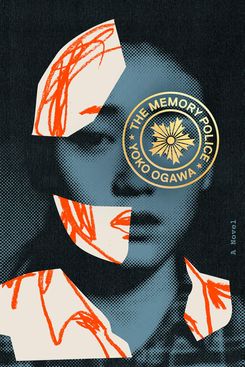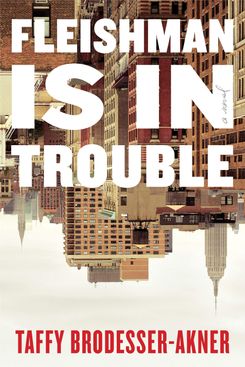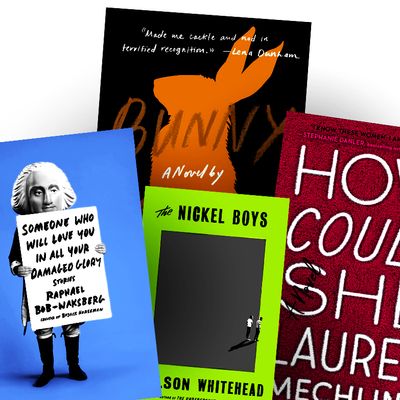
Have we finally gotten over the idea that summer is for silly books? Fun books, sure, and many are coming — brutally accurate sendups of friendship and dating in New York; novels about cultish clubs devoted to bingeing and “smut”; oddball stories from BoJack Horseman’s genius creator, Raphael Bob-Waksberg. But don’t miss the heavier hitters: summer blockbusters from Colson Whitehead, Nicole Dennis-Benn, and Helen Phillips that would rule any season. Here are the 12 we’re most anticipating.
When the title heroine of Dennis-Benn’s luminous second novel gets visa approval, she jumps at the chance to move to New York City, leaving behind all she knows of her home in Jamaica — including her 5-year-old daughter. Patsy reminds us that it’s still radical for a young woman to pursue her own desires and ambitions and sexuality. It’s a bittersweet meditation on ambivalent motherhood and personal satisfaction, as well as the assigned roles we would do anything to break away from, no matter what the cost. —Maris Kreizman
“Hi, Bunny!” squeals the Heathers-esque clique of woman-children in Samantha Mackey’s MFA program. It’s their greeting, their shared nickname, their homage to their own fluffy blankness and docility. Samantha, the Nirvana to their Spice Girls, “is not a Bunny [and] never will be a Bunny,” or so she thinks. When she’s invited to their “Smut Salon,” Samantha caves to her own curiosity, and soon learns that the Bunnies’ plastic shells cover up some truly polluted characters. To call this a dark comedy undersells the richness of its message, and to say it’s a satire misses its realism. Bunny is so sharp it will leave you bloody. —Hillary Kelly
This is exactly the kind of book you’d hope the creator of BoJack Horseman would write. Just as his animated show is a bleary-eyed tour de force composed of equal parts depression and fun, Bob-Waksberg’s debut story collection is wonderfully weird, pushing familiar stories to their absurdist limits (e.g., the couple who wants to keep their wedding simple with absolutely no goat-sacrificing). Yet each one has a chewy emotional center and a gut punch worth waiting for. —Maris Kreizman
We’re living in a golden age of immigrant stories — thanks in part, sadly, to the foul mistreatment and alienation that awaits those who seek our shores. Enter Vuong, the 30-year-old poet and essayist and a former refugee from Vietnam, whose debut novel is told from the perspective of a son writing a letter to his mother which he knows she can never read. More than anything I’ve lately encountered, Vuong’s novel is a burning effigy of The Way We Live Now, sending the idea of “American values” up in flames. —Hillary Kelly
You know those once-original t-shirts that simply list names — “John & Paul & George & Ringo” or, say, “Carrie & Charlotte & Samantha & Miranda?” I’m considering one that reads “Sunny & Rachel & Geraldine & Hillary,” in homage to the four 30-something women Mechling must have plucked straight out of New York City media-land. Smart novels about adult friendship are so, so, so hard to find that this very 2019 novel — preoccupied with the rise of podcasts, the fall of glossy mags, and the writers caught in the middle — is destined to become the book you turn to when you can’t decide whether to hug or throttle your suddenly successful best friend. —Hillary Kelly
If you’ve ever had to suffer through a woman talking about how she’s being “so bad” for eating a chocolate-chip cookie, Lara Williams’s debut — about a group of women who establish a Bacchanalian supper club— will leave you panting and ravenous. Imagine stuffing your face into a Dutch still life and smearing the fruits’ juices all over your friends as you dance to the latest Kraftwerk. That’s what Supper Club will do to you. In its unselfconscious splendor, the supper club (and the book) tackles age-old questions about the female form with a delightfully 21st-century voice. —Hillary Kelly
Journalist Lisa Taddeo spent a full decade immersed in the sex lives of three ordinary American woman — Maggie, a teenager involved in a “relationship” with her teacher; Lina, a Midwesterner whose marriage lacks any zeal; and Sloane, a sophisticated Newport restaurant owner whose husband has sometimes unsettling sexual tastes. Taddeo lived in their towns. She drove across the country (six times). She documents their text messages, their sex positions, their basest desires. The result is the most in-depth look at the female sex drive and all its accompanying social, emotional, reproductive, and anthropological implications that’s been published in decades. But it’s also fully immersive: gonzo journalism without the machismo. —Hillary Kelly
Molly is alone with her toddler daughter and baby son when she hears a strange noise in the hall. Is it an intruder, or one of the many figments that have left her second-guessing the world around her since she became a mother? Spoiler alert: This time she isn’t imagining things, but the mystery of just who is lurking under that papier maché deer-head mask is more terrifying than any garden-variety home invader. Plotted like a thriller but seemingly born of a ménage à trois betweeen an Italo Calvino novel, a mommy blog, and Shirley Jackson’s “domestic memoirs,” here is the next novel mothers will be passing around like illicit candy. —Hillary Kelly
Whitehead has a knack for dragging the dirtiest bits of our country’s racially repugnant past into the glaring light. His new novel is based on the history of The Dozier School for Boys, a brutal Florida institution where more than a hundred burial sites have been discovered over the past half decade. In Whitehead’s reimagining, Elwood Curtis, a black teenager in the Jim Crow South, lands in the Nickel Academy, where he slowly discovers just how expendable the school — and the region writ large — find boys like him to be. Once again, the author of the Pulitzer-winning The Underground Railroad reckons with a past that is definitely not even past. —Hillary Kelly
It isn’t hyperbolic to say that New Yorker staff writer Jia Tolentino could be the Joan Didion of our time — writing about feminism, vaping, popular music, religion, and sexual assault with equal amounts of ease and insight. In her debut essay collection, the writer unveils nine new pieces that help cement her place in the essayist canon. She’s an expert in the sweet spot where contemporary politics and youth culture meet and make out. —Maris Kreizman
First it’s small things — bells, ribbons, stamps — that disappear from the cloistered Japanese island where an unnamed novelist toils over her next book and worries about her community’s increasing isolation. With the objects go the memory of them: “It doesn’t hurt,” the protagonist’s mother explains to her, “and you won’t even be particularly sad.” Eventually, the “disappeared” things — paper, springtime — grow in scale and value, and the narrator struggles to avoid the clutches of the titular Memory Police. An unfortunately zeitgeisty novel about censorship, oppression, and the gradual compression of experience under autocratic regimes, this is a deeply traumatizing novel in the best way possible. —Hillary Kelly
For years, journalist Taffy Akner has written swoon-worthy profiles, portraits of celebrities ranging from Gwyneth Paltrow and Jonathan Franzen to Tonya Harding that combine superhuman levels of empathy with a special talent for vivisecting a person and everything she stands for. So it’s no wonder that Akner’s debut novel features blistering observations about unforgettable characters, some of whom are more flawed than others. Fleishman Is in Trouble subverts the narratives that Great Male Writers have been putting out for centuries, and does so with authority and grace. —Maris Kreizman


